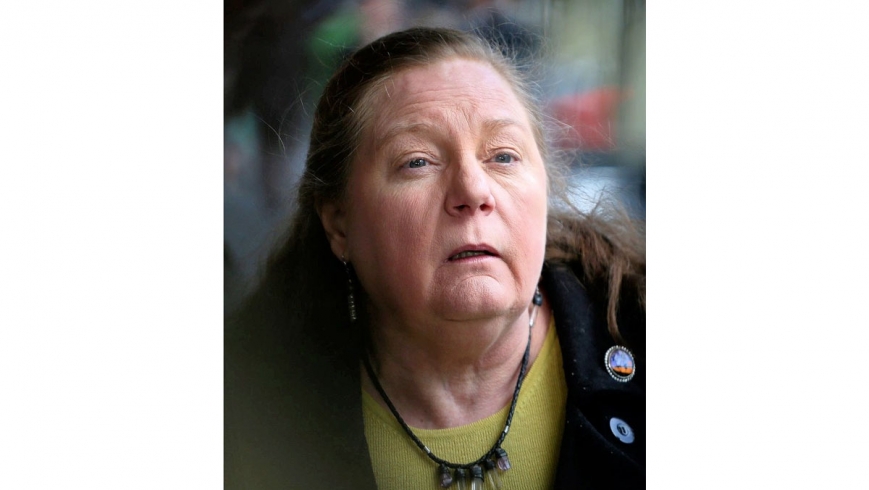Tougher parole laws will be introduced in response to a series of
murders at the hands of violent criminals on parole, including the
brutal slaying of a Hoppers Crossing woman with a meat cleaver.
The state government last week released a review by retired High
Court judge Ian Callinan that stated the Adult Parole Board should have
to show that there was “negligible” risk of serious offenders committing
other crimes before granting parole.
Premier Denis Napthine said the system would change to enshrine
“community safety” as the board’s primary focus.
He enacted seven of the
23 recommendations, including dramatically higher tests for parole for
criminals convicted of serious offences.
Victims of crime and their
families will also be given greater notice of an offender’s release, and
the board’s decisions will be made public in the cases of serious
offenders.
The failure of the parole system was again illustrated last month
when a coronial inquest heard Hoppers Crossing’s Margaret Burton had
been killed by her ex-boyfriend while he was on parole in 2009.
Jayson Hawkins, 37, used a meat cleaver to slash the throat of Ms
Burton after he had been released from a hospital’s psychiatric ward. He
was arrested and charged with murder but committed suicide while in
custody and never stood trial.
At Ms Burton’s inquest, the families of three other women killed
by violent parolees made submissions about the parole system’s
“failures” that have come to light.
They said they wanted to keep the heat on the parole system’s
“failures” that had come to light since last year’s murder of
Brunswick’s Jill Meagher.
Sandra Betts, mother of Epping woman Raechel Betts, who was
strangled and dismembered by John Coombes in 2009 while he was on parole
for his second murder, said the system was failing too many families.
“It works extremely well with ordinary offenders, but when it
comes to serious and dangerous offenders . . . they’re not being
assessed properly,” she said. “We do need a separate system for serious
offenders.”
Opposition leader Daniel Andrews welcomed the reforms, but warned they would require a multimillion-dollar investment.







